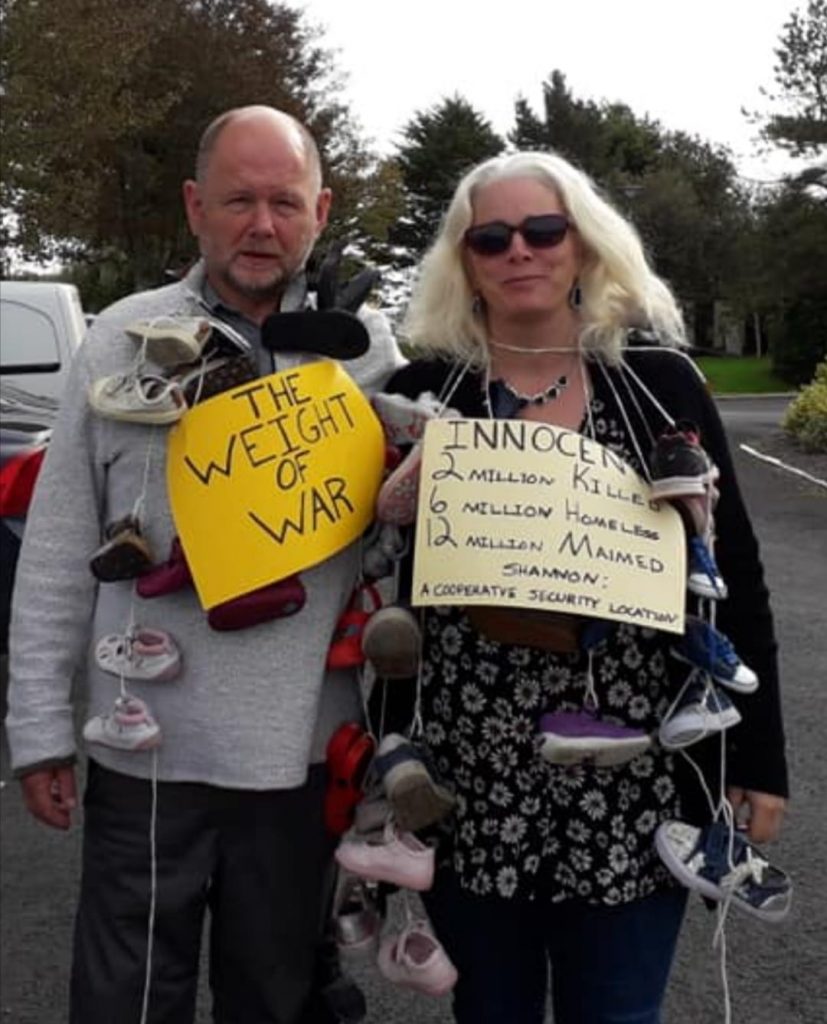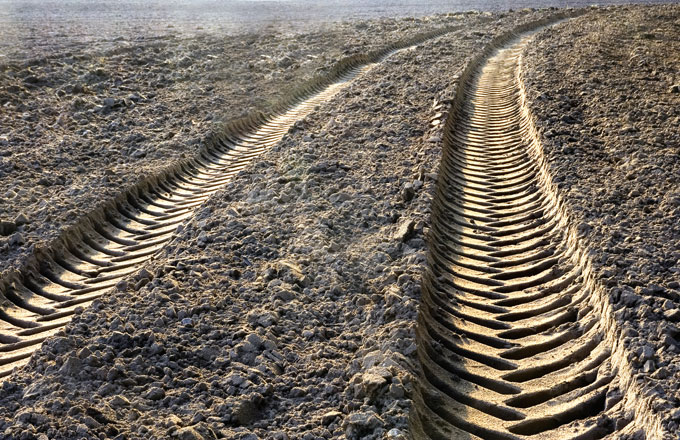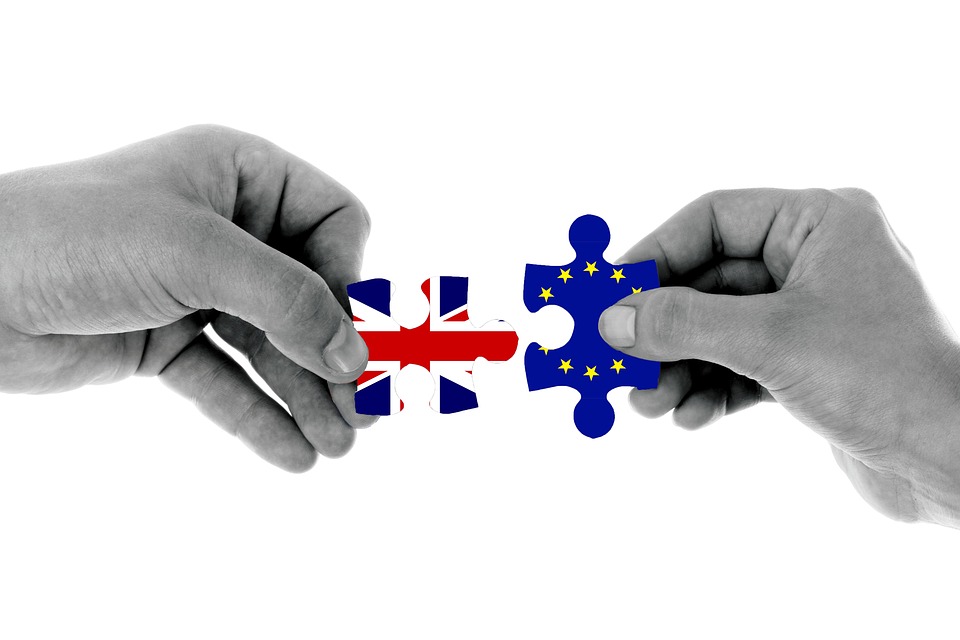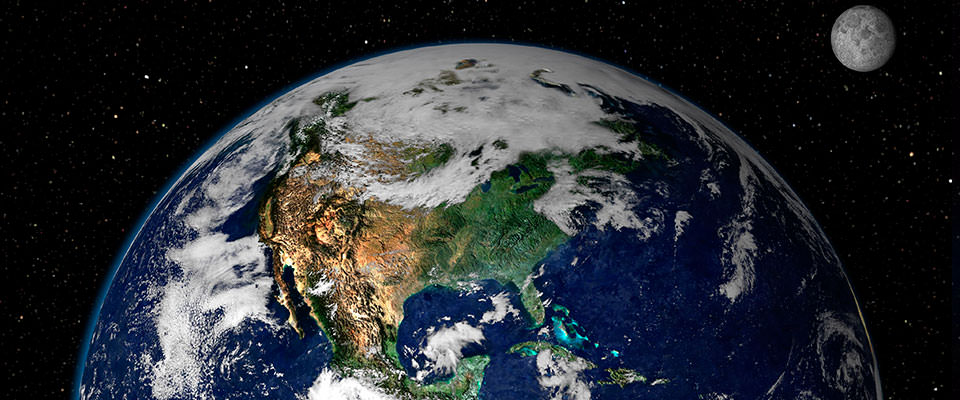Mothers on environmental activism: “you know you have to do it for your children’s sake”

Pictured above: Dr. Elaine McGoff and her two children following a climate protest.
26 March 2022
When Theresa O’Donohoe was pregnant with her first child, she developed epilepsy and had to spend a lot of time at home.
She watched a number of different documentaries to keep herself busy. One of them focused on the state of the environment and soon afterwards she became a devotee to recycling and active transport by the time she was back up and running.
But in 2006, she saw a programme specifically about climate change and it struck her “just how bad it was.” She knew her children would need a healthy environment to survive and she wanted to make sure that lay ahead in their future.
The solutions-focused, community-led approach of the Transition Town movement appealed to her and her activism soon took off from local politics to the national stage working with a number of different organisations, including An Taisce and Feasta.
To this day, the mother of five continues to demand policymakers make the necessary changes to address the dual climate and biodiversity crises she first became aware of decades ago.
“It’s a bit conflicting that it’s so time-consuming, as you’re trading the time you’re spending on the activism with your time being a mother. But at the end of the day you know you have to do it for your children’s sake,” she told The Green News.

Photo: Theresa O’Donohoe at a protest in 2019.
And as a mother in climate activism, she is not alone.
The worldover has seen a growing trend of mothers getting involved in climate activism and advocacy, with their refrain often being that all children must have a liveable future. Mothers help their own children craft cardboard signs for protests, they join in chanting on the streets and work tirelessly at the local and national level to invoke change.
For Dr. Elaine McGoff, the Natural Environment Officer at An Taisce, being a mother of two often gives her the grit to keep going when an obstacle rears its head.
“Whenever I feel dejected, running out of steam and running into brick walls, I remember what they are facing, and I get back in there,” she said.
“It’s too important to wallow in self-pity and give up because that means I’m giving up on their future.”
At a recent local climate rally, Elaine’s own children came along to watch her address the crowd – and their presence and “seeing how proud they were of me” buoyed her as she spoke.
Many mothers at the forefront of climate activism bring their children in tow to protests. For Anne-Marie Harrington, who founded the grassroots organisation Futureproof Clare, it’s a way to make the movement more tangible to them.
She also finds it’s the antithesis of the hours she spends sitting up past bedtime poring through documents.
“Since they were little they’ve been to protests and they’re hardened veterans to them now. I’m introducing them to a community of like-minded people and I want them to look back on this time and realise that their mother tried to do something,” Anne-Marie said.
The need to demonstrate to children that there were adults taking a stand and demanding change in 2022, no matter what their world might look like decades down the line, is one that repeatedly came up amongst the activists we spoke to.
Aisling Wheeler, a fellow climate activist based in Clare and mother of two, echoes Anne-Marie’s sentiment when it comes to having a memory her seven and ten-year old children can look back on.
“I want them to know it’s an important issue and that we tried to do something. That’s one of the big motivations for me – I want them to know that we at least tried,” she said.
For mothers on the fence of getting involved in the cause, Elaine McGoff urges them to take the plunge as she believes “it’s the best thing you can do for your children’s future. Otherwise in 30 years time when your children ask, ‘what did you do?’ – what’s your answer going to be?”
And even with her sense of resolve, on days where detrimental climate news stories break like the recent heat waves at the Arctic and Antarctic poles, the scale and scope of what’s unfolding weighs heavily.
“It’s really hard to think about their future and remain hopeful – but if you give up on hope there’s nothing left…I think having children sometimes makes things look a bit more hopeless, but it also spurs me on and makes me not give up hope in a way,” Elaine said.
“It’s terrifying and motivating at the same time.”
By Kayle Crosson







